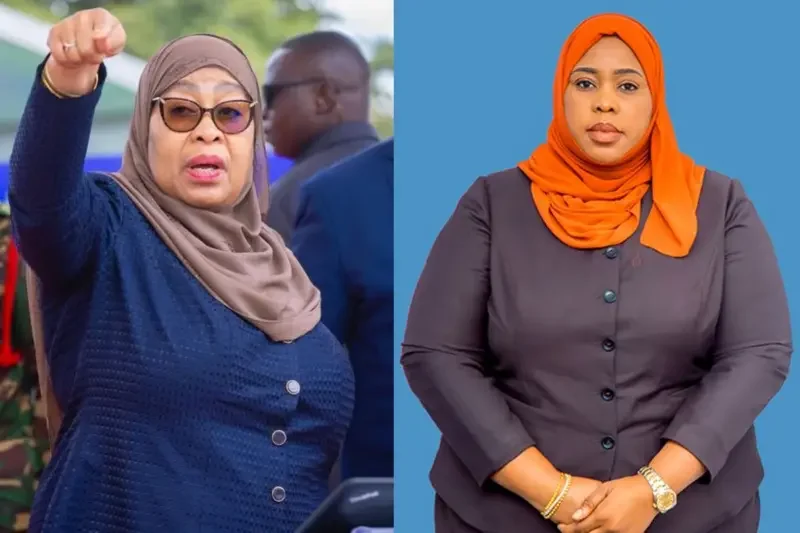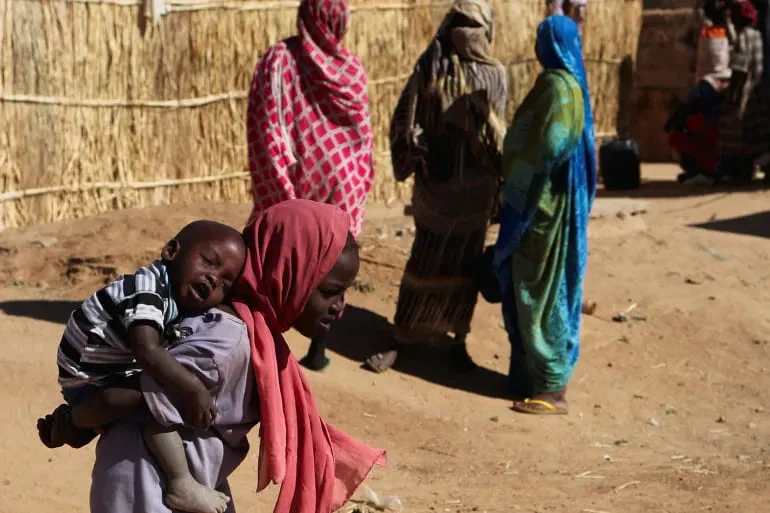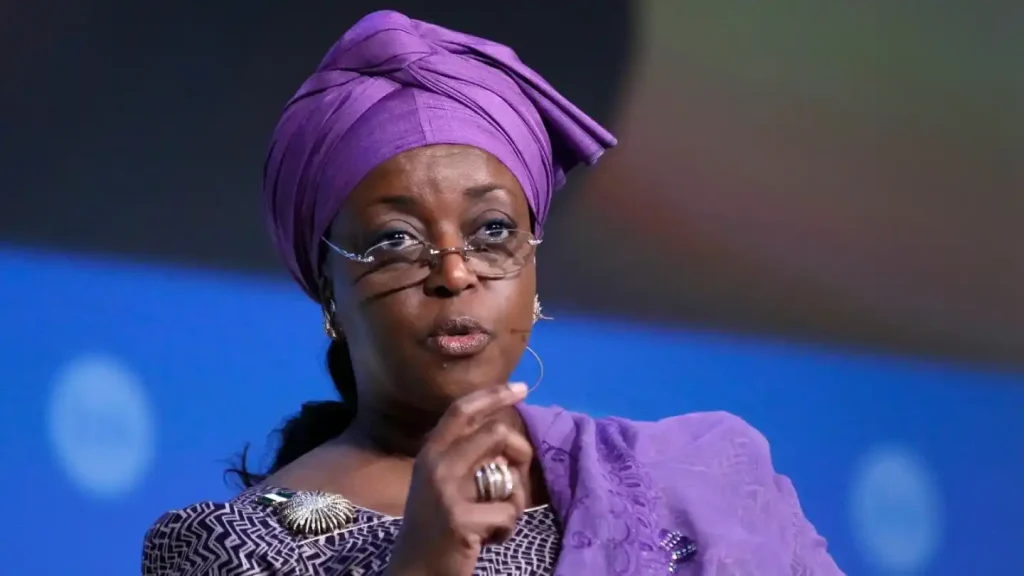Tanzania’s President Samia Suluhu Hassan has sparked widespread debate with her latest cabinet reshuffle, elevating family members to prominent government positions.
In a move critics are calling a clear case of nepotism, the president appointed her daughter, Wanu Hafidh Ameir, as Deputy Minister of Education, Science, and Technology, and her son-in-law, Mohamed Mchengerwa, as Minister of Health.
The announcements came during a televised address from Chamwino State House in Dodoma on November 17, 2025, just weeks after Hassan’s landslide victory in the October 29 general elections.
With 27 ministers and 29 deputy ministers named, the new lineup blends continuity with bold changes, but the family appointments have dominated headlines across East Africa.
A Reshuffle Rooted in Recent Elections
President Hassan, who secured 97.66% of the vote amid international concerns over the election’s competitiveness, wasted no time forming her second-term team. Seven senior officials from the previous cabinet, including Energy Minister Doto Biteko and Agriculture Minister Hussein Bashe, were dropped.
Key highlights include:
- Khamis Mussa Omar as the new Finance Minister, replacing Mwigulu Nchemba, who shifted to Prime Minister.
- Ridhiwani Kikwete, son of former President Jakaya Kikwete, promoted to Minister of Civil Service Management and Good Governance.
- Prof. Adolf Mkenda retained as Minister of Education, now assisted by Wanu Hafidh Ameir.
- Mahmoud Thabit Kombo staying on as Foreign Affairs Minister.
The cabinet will be sworn in on November 18, 2025, marking the start of Hassan’s final term.
Spotlight on Family Appointments
Wanu Hafidh Ameir, a Member of Parliament, steps into her deputy role with a focus on advancing STEM education in Tanzania. Her husband, Mohamed Mchengerwa previously Minister of Local Governments and Regional Administration now leads the Health Ministry at a time when the country grapples with post-pandemic recovery and rural healthcare access.
These picks are not isolated. Ridhiwani Kikwete’s elevation adds to perceptions of a tight-knit political circle, blending Hassan’s allies with legacies from past leaders.
Nepotism Concerns Echo Across Africa
The reshuffle has ignited fierce backlash. Opposition voices and civil society groups argue it undermines meritocracy and erodes public trust, especially after an election marred by violence, internet shutdowns, and the barring of key challengers.
“Tanzania deserves leaders chosen for expertise, not family ties,” said one anonymous MP in Dodoma. Social media is ablaze with #NepotismInDodoma, drawing parallels to other African nations:
- Uganda: President Yoweri Museveni has placed his wife, Janet, as Education Minister and son, Muhoozi Kainerugaba, as head of defense forces.
- Rwanda: President Paul Kagame recently dismissed rumors of grooming his daughter for office, emphasizing equal opportunity.
Analysts warn that such moves could stifle youth participation and fuel discontent in a nation already facing economic pressures from inflation and youth unemployment.
What It Means for Tanzania’s Future
Supporters defend the appointments as strategic, citing Ameir’s parliamentary experience and Mchengerwa’s administrative track record.
With Tanzania’s economy projected to grow 6.5% in 2026, the new cabinet faces urgent tasks: boosting education access, strengthening healthcare, and tackling corruption.
As the swearing-in ceremony approaches, all eyes are on President Hassan. Will these family ties strengthen her administration or deepen divisions? Tanzania’s path forward hinges on balancing loyalty with accountability.
READ MORE: U.S. Lawmaker Criticizes Administration on Nigeria CPC Status























